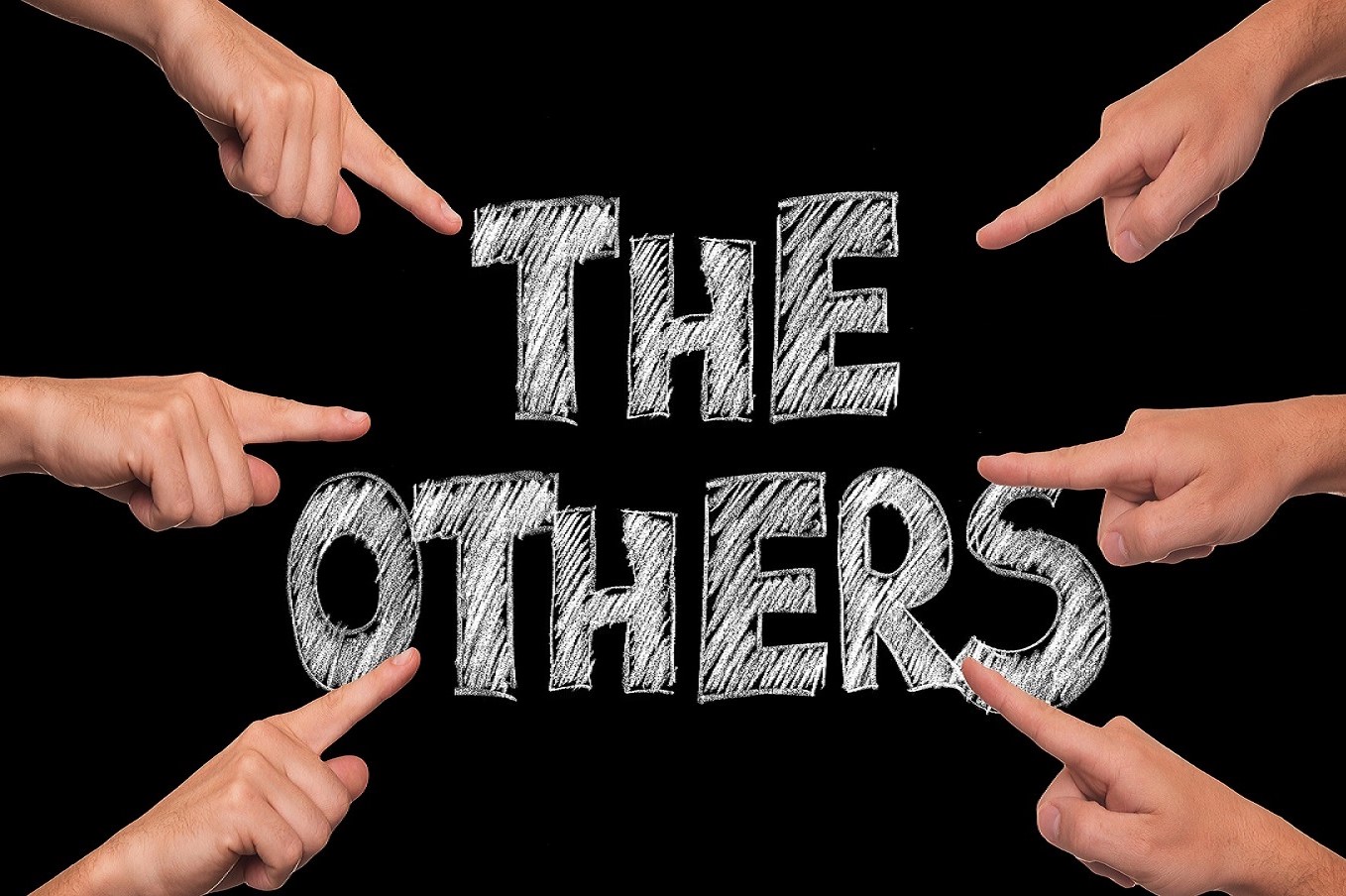Shabbat Weekly Dvar Torah
Apr 28, 2023
Throughout history, human beings have the tragic tendency to divide the world between "G!D" and "Azazel" or "the devil" (whatever that means to a particular person or culture). Then add to that oversimplification, the psychological need to apportion blame and fault to something / someone other than self / culture / country, and we end up with a deadly mix.
Apr 21, 2023
This week’s parsha, Parashat Tazria, is paired with Parashat Metzora, because both deal with the identification and treatment of someone who contracts a condition called “tsara’at.” The translation of this is leprosy, although it is spiritual rather than biological in nature…
Apr 14, 2023
The Shoah is a part of our history that often impels us to speak out loudly against antisemitism, hate, and genocide wherever it lives. And it is also a part of our history that sometimes inspires silence as we contemplate the horrors that humankind is capable of inflicting on itself and the tragedies members of our community have endured.
Mar 31, 2023
This Shabbat is Shabbat HaGadol, the Sabbath immediately preceding Pesach, our Festival celebrating Freedom and Redemption. We are preparing to gather with family, friends, and neighbors around our Seder tables. We are cleaning our homes and preparing our festival foods and celebrations. Many of us find this a season of hitbonenut / reflection as we review our lives since Pesach one year ago.
Mar 24, 2023
So much of Leviticus, and Bamidbar (Numbers) after it, is about approaching and drawing away. Moments when you offer something (Korban), moments when… you must withdraw. A sacred dance between Taharah, pure closeness, and Tumah, the state of extreme distance. Slowly, steadily, step-by-step, we all get chances to try and feel that we are also called to be close and grateful.
Mar 17, 2023
After all, the Ten Commandments itself contains a prohibition against graven images and the Torah forbids representation of any astral bodies. Modern Jews have simply assumed that Jews never made representations of people, animals, or divine beings because such art would violate our stringent standards against idolatry.
Mar 10, 2023
Moshe has led the Israelites out of slavery to this very important moment. G-D has split the Red or Reed Sea, fed everyone from the sky with manna and organized the people in such a way that they were well taken care of in every aspect of their daily lives, all while roaming in the desert.
Mar 3, 2023
Our parsha this week is called Tetzaveh and is taken from the Book of Shemot / Exodus. It goes into great detail about the vestments (i.e., the sacred clothing) worn by the Kohain Gadol (High Priest)- a crown, a breast plate, a robe, a sash and a fringed tunic with little bells on the bottom, among other items.
Feb 24, 2023
When it comes to the specific faculties of the soul—intelligence, emotion, wisdom, kindness, and willpower – everyone is unique… . However, the foundation of both the structure and relationship with G-d, as well as the power of commitment and devotion, is the same for all of us. Everyone is equal in their ability to dedicate themselves to G-d, but the circumstances of the relationship is a result of our own personality, and therefore, unique to each of us.
Feb 16, 2023
I remember hearing a phrase from one of my Catholic friends: When you want it, it’s called a baby; when you don’t, it’s called a fetus... Why does Judaism differ from Christianity on abortion? It all comes down to two missing nouns in this week’s Torah reading. Let’s take a look at that text to see the ambiguity...














